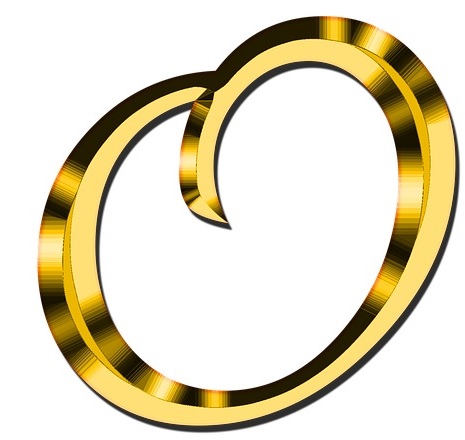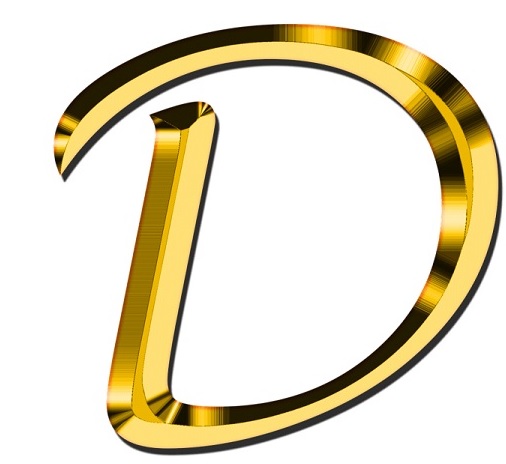
Identifying credible resources can be challenging because it is not something clearly stated.
The CRAAP Test was developed as an easy to remember acronym that provides a set of criteria that can help you decide if a resource is credible. (1),(2)
 - Currency:
- Currency:
 - Relevance:
- Relevance:
 - Authority:
- Authority:
 - Accuracy:
- Accuracy:
 - Purpose:
- Purpose:
The LOCAD Test has been developed as a set of criteria that can help you decide if an AI resource is credible.
 - Limitations:
- Limitations:
 - Ownership
- Ownership
 - Confidentiality:
- Confidentiality:
 - Accuracy
- Accuracy
 - Disclaimer:
- Disclaimer:
References:
(1) Sarah Blakeslee, (2004) “The CRAAP Test,” LOEX Quarterly 31, no. 3
(2) Applying the CRAAP Test. California State University-Chico. accessed 28th June 2021
(3) Rocher, L., Hendrickx, J.M. & de Montjoye, YA. Estimating the success of re-identifications in incomplete datasets using generative models. Nat Commun 10, 3069 (2019). https://doi.org/10.1038/s41467-019-10933-3